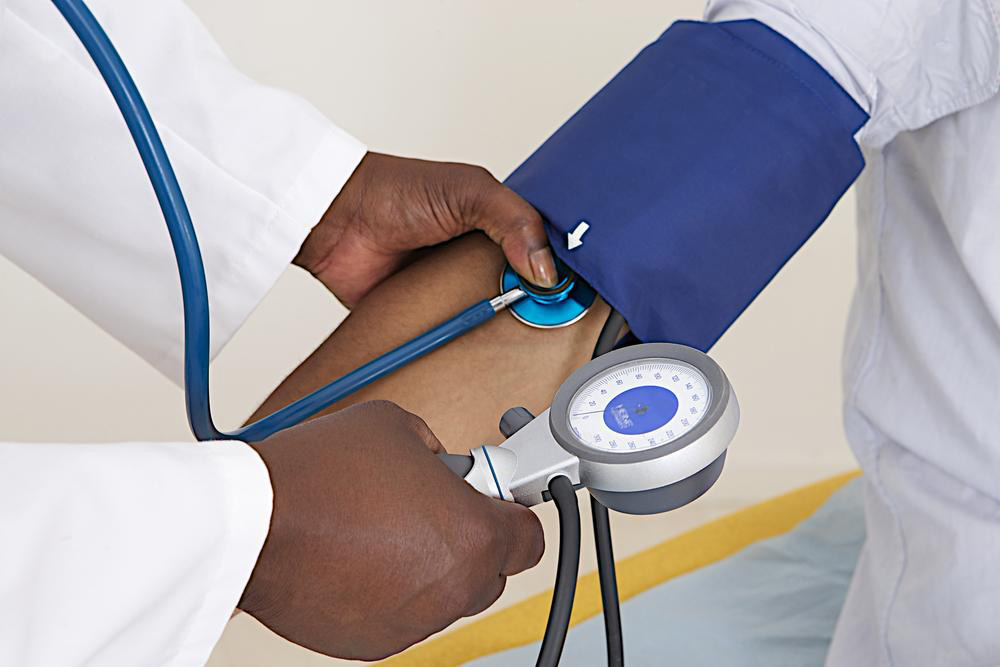Understanding Hypertension: Symptoms, Risks, and Prevention
Explore the essentials of hypertension, including its symptoms, risk factors, and effective prevention strategies. Learn how early detection and lifestyle changes can significantly reduce health risks associated with high blood pressure, safeguarding heart and organ health. This comprehensive guide helps you understand the importance of monitoring and managing your blood pressure for a longer, healthier life.
Understanding Hypertension: Symptoms, Risks, and Prevention
Hypertension, commonly called high blood pressure, is a prevalent condition where the force of blood against arterial walls is elevated, potentially leading to serious health issues like heart disease. It results from increased blood volume or resistance within the arteries, which narrows them and makes the heart work harder. Signs of high blood pressure often go unnoticed, as many individuals experience no symptoms for years. When symptoms occur, they may include headaches or dizziness, usually at severe levels.
Various factors contribute to hypertension, including:
Age: Risk increases with age, affecting men more before age 65, and women more afterward.
Ethnicity: People of African descent are more susceptible and tend to develop it earlier, with more severe consequences.
Unchecked hypertension damages blood vessels and organs, raising the risk of stroke, heart attack, aneurysm, and kidney issues. It can also cause vision impairment due to retinal vessel damage. Recognizing symptoms early and managing blood pressure through lifestyle changes or medication is essential for health.
Detecting hypertension involves regular blood pressure checks by healthcare professionals. Adopting habits such as regular exercise, a balanced low-salt diet, weight management, and stress reduction can help control blood pressure levels. In some cases, medication or alternative therapies may be recommended, always after consulting a healthcare provider.
Managing hypertension reduces the likelihood of serious complications like stroke, cognitive decline, or heart failure. Early intervention and consistent monitoring are crucial for a healthier life.










